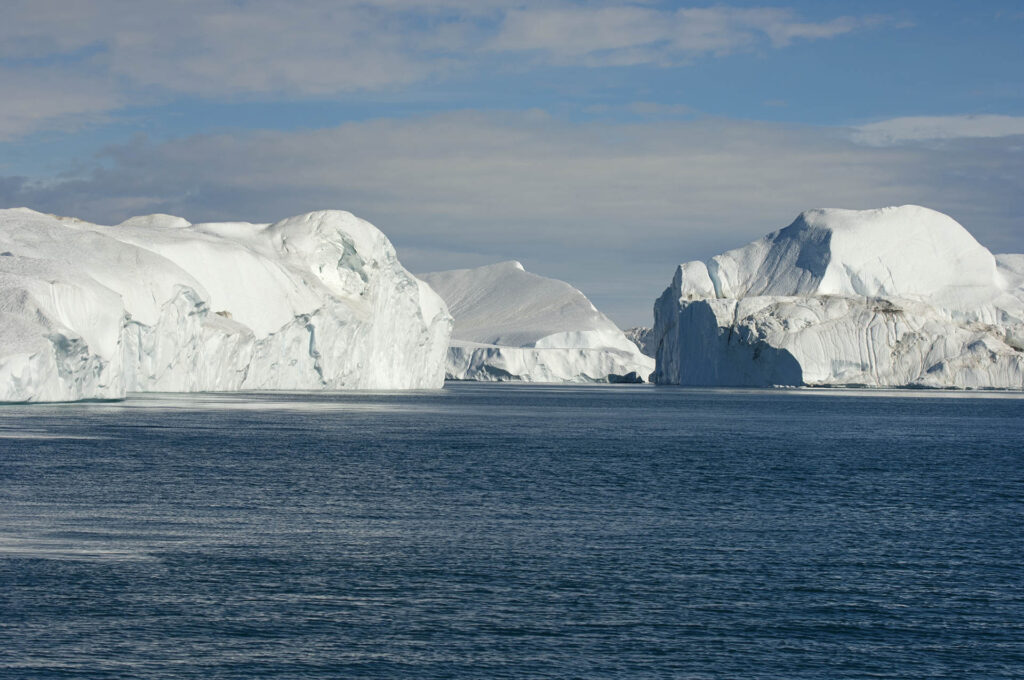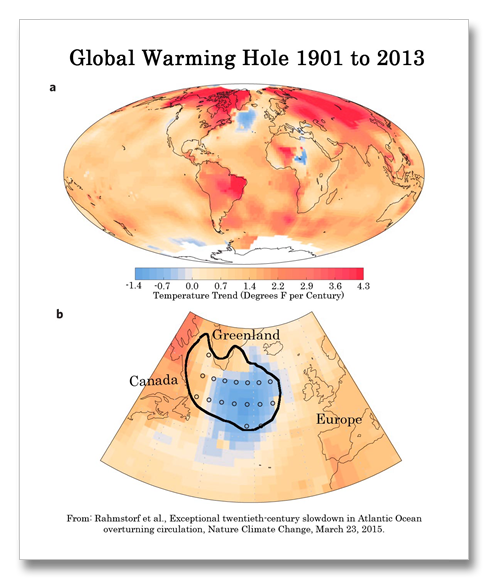
Gulf Stream Collapse Under Way – Confirmation of Tipping Activation For nearly 20 years, the collapse or slowdown of the Gulf Stream has been speculated upon as more and more evidence shows it has begun. All the while, very strong response from the general body of consensus climate scientists has been that the Gulf Stream…












